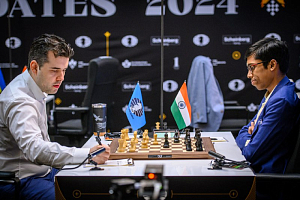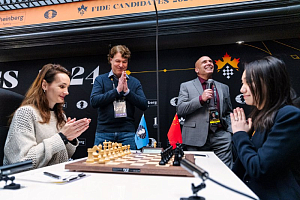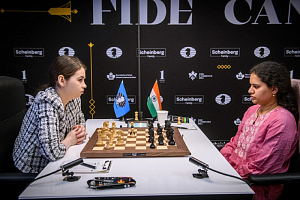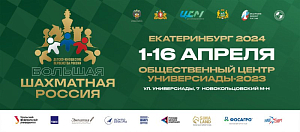Person of day - 12 AUGUST 2023
ALEXANDER KOTOV
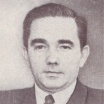
When he was 16, Alexander Kotov became the champion of Tula. Ten years later, when he was a Muscovite making his debut in the 1939 Soviet championship, he created a sensation by finishing second to Mikhail Botvinnik. However, Kotov’s main achievements would come in the postwar years.
At the famous 1964 tournament in Groningen he defeated both Botvinnik and Euwe, who split 1-2 -places. In 1948, Kotov shared 1stplace at the Soviet championship with Bronstein. Furthermore, in 1950, he entered the fight for the world championship and came sixth in Budapest. Kotov also performed wonderfully at the 1952 inter-zonal tournament in Stockholm, which he won with 16,5 points out of 20, overtaking second-placed Petrosian and Taimanov by three points! This was Alexander Kotov’s finest hour- a chess player of an imaginative, attacking style whose games won several awards for their sporting beauty at tournaments.
He also achieved other successes- he won a tournament in Venice in 1950, Hastings in 1963, two Olympiads with the Soviet team in 1952 and 1954, but Stockholm 1952 remained the pinnacle of his achievements.
Alexander Kotov had a varying personality that had other strengths beside chess. An engineer by profession, he worked in the defence industry during the War years and was awarded the Order of Lenin for helping create new armaments. Kotov also left behind a heritage in literature. After studying the art and life of Alexandre Alekhine for many years, he published The Chess Legacy of Alexandre Alekhine, wrote a novel titled Black and White and an identical play devoted to the life of the great Russian chess player.
Kotov’s pen also composed books like The Soviet School of Chess, Notes of a Chess Player, Kidnapping Proserpina, Grandmaster at Work, Think Like a Grandmaster, Squirrel in A Wheel, Chess Tactics and many others.
Kotov also played a large role in promoting chess. He was the deputy chairman of the Soviet Chess Federation for many years, as well presiding over the Central Chess Club of the USSR and an anchor for a TV chess school.
Alexander Kotov died in Moscow in January 1981.















